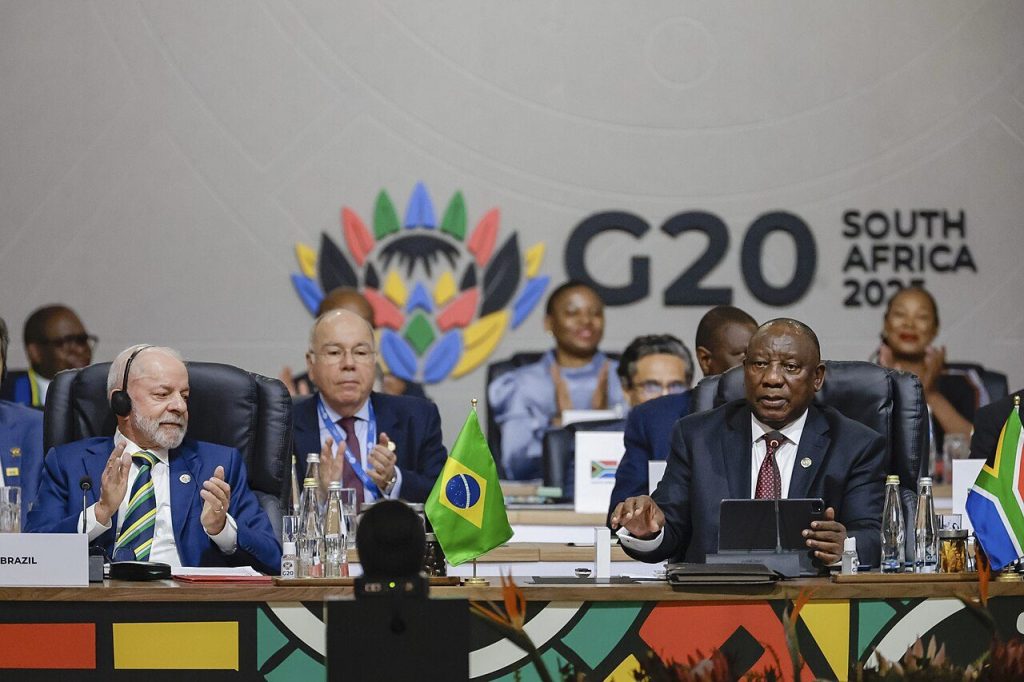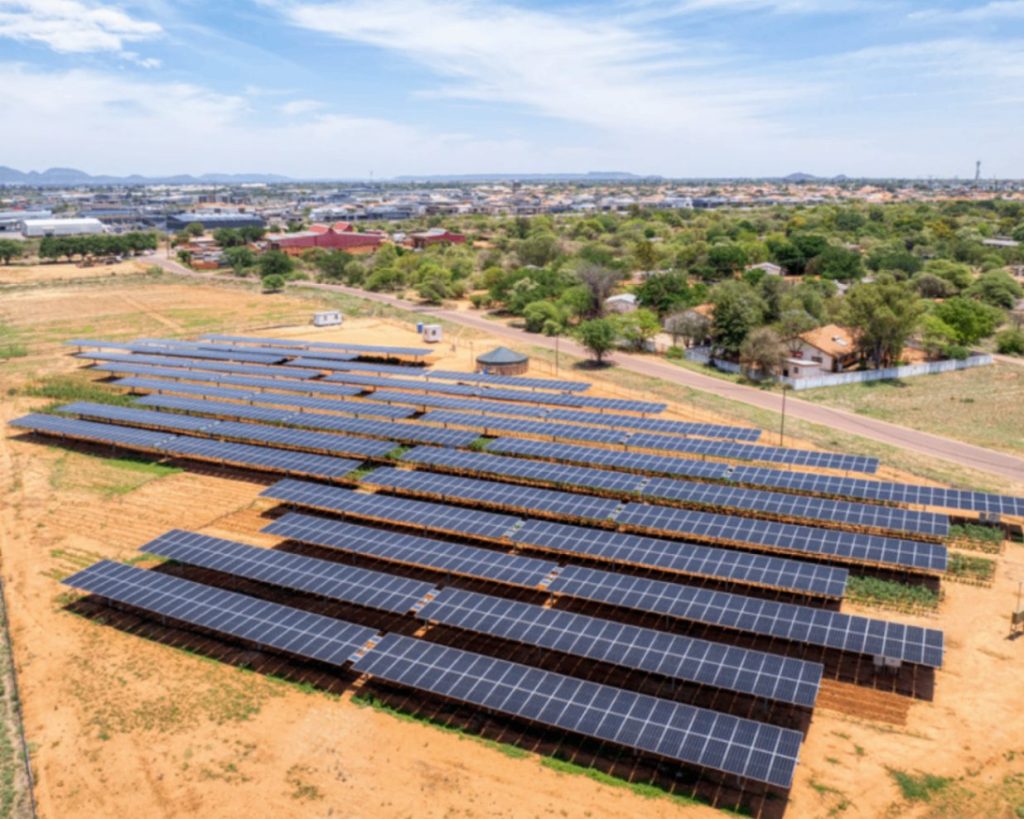A few weeks ago, Zimbabwe made headlines following its statement that it intended to nullify existing carbon credit agreements and to claim 50% title to carbon credit revenue from offset projects. Echoing this approach, this week, Kenyan county governor, Joseph Lenku, made known his intentions to revoke all carbon credit contracts between private entities and indigenous communities. The decision came by way of a public notice on 6 June 2023, based on the belief that the agreements with community group ranches and conservancies were opaque and disadvantageous. Lenku stated that “for the entities possessing carbon credit agreements, contracts or licences, as far as the county government is concerned, they all stand revoked. Our people signed the deals without understanding the market. We must renegotiate [the deals] from a position of knowledge”. The legal basis upon which the contracts between private parties can be revoked is unclear at this stage, however, the statement follows an announcement from the Kenyan national government that it intends to develop comprehensive carbon market legislation this month. An amendment to the Kenyan Climate Change Act 2016 is reportedly underway which includes provisions that will introduce carbon market guidelines. Initial consultations in May 2023 floated the idea of communities getting get 25% of the profit from offset projects. Again, it is unclear how Lenku’s intention to revoke existing contracts will align with these draft amendments and guidelines.
In the case of Zimbabwe, the market was roiled by government’s intentions to “nationalise” credits and has emphasised that unexpected instructions from governments arguing that they should gain more from ventures on their jurisdiction might risk overall project viability. A similar response in Kenya is likely to follow.
These more radical developments follow a flurry of activity across the continent to develop national strategies and approaches to govern and guide domestic markets. Last year, Tanzania introduced regulations to govern the domestic carbon credit market, although their approach is far more tempered. Traders and developers have described them as unclear and they are still waiting for further specifics, however, in their current form, they provide that for land-based projects, 9% of the gross revenues from the sale of the project’s carbon credits must go to government, 61% must go to the “owner of the property involved in the carbon trading project”, with a portion thereof going to community development and conservation activities. This week Namibia also published a Carbon Markets Framework that seeks to manage the application of Article 6 market mechanisms (carbon offset projects under the Paris Agreement) within the country. And the recently launched African Carbon Markets Initiative (ACMI) is assisting Nigeria, Rwanda, Ghana and Kenya, in formulating country carbon market guidelines.
Moreover, and somewhat surprisingly given its attitude to existing carbon contracts, Zimbabwe is seeking to establish itself as an African hub of carbon trading. The country, currently the worlds 12’th largest generator of carbon credits, is planning an Africa Voluntary Carbon Markets Forum, scheduled from 3 to 9 July 2023 in Victoria Falls. In a pamphlet describing its purpose, it is stated that “a key highlight of the forum will be the signing of a Memorandum of Understanding between key stakeholders to establish the Pan-African Voluntary Carbon Credit Register and Victoria Falls Stock Exchange Carbon Market.” Zimbabwe intends to make the stock exchange (called VFEX) operational by September.
The moves to ramp up domestic carbon markets, come as part of a global trend of governments announcing their intention to tax, regulate or restrict trade in credits generated within their borders. The purposes are varied, but are often tied to government’s intentions to benefit from revenue from offset projects or ensure that communities do, or to use credits toward their own national climate goals. In an article by Bloomberg, Mark Lewis, head of climate research at Andurand Capital Management pointed out: “If you are a developing country and you have the right kinds of project opportunities, you’ve got a golden goose”. In respect of using credits towards their national climate goals, countries have the right to regulate their domestic markets and, to the extent they utilise them for state purposes, they can either trade them globally under Article 6.2. of the Paris Agreement or use them to count as a mitigation effort under their own NDC target.
In light of this, and flowing from developments under Article 6 of the Paris Agreement, governments are now in the process of developing the suite of regulations and guidelines necessary to capitalise or further clarify how markets will operate in their countries. Regulations are important because they clarify the process and controls, enhance governance processes, support investor confidence in the project development process and can, subject to their design, support clarity regarding ownership and rights to carbon and project community benefits. Their design, however, must strike a careful balance between ensuring equity and community benefits, whilst also attracting project developers and ensuring a project’s financial viability, particularly attracting enough investor or sponsor capital to get the project off the ground.





